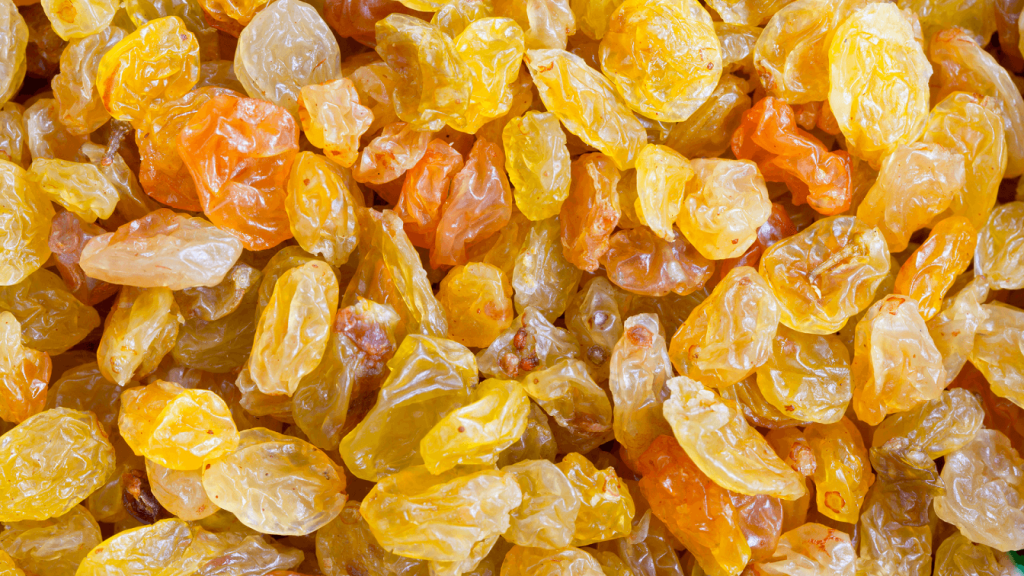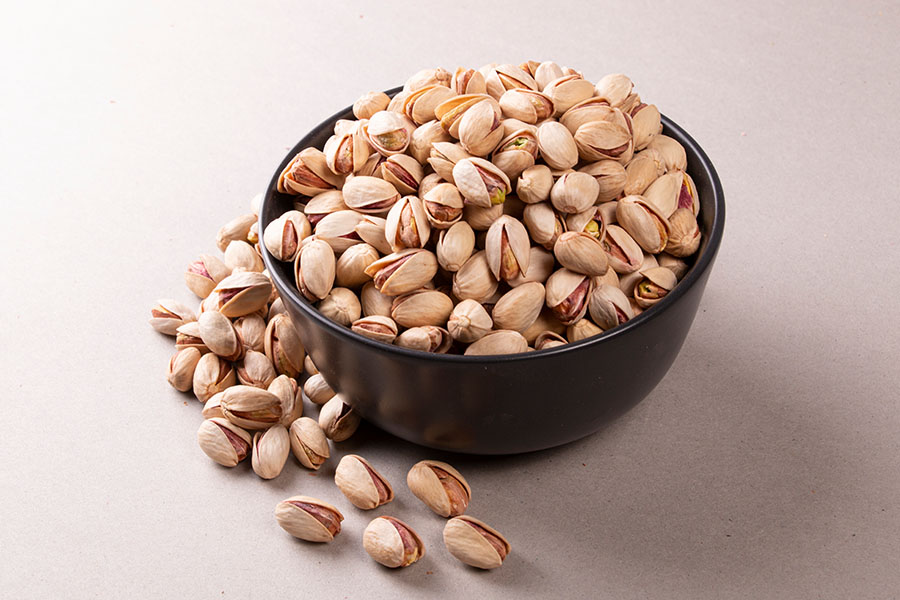Raisins have been enjoyed for centuries across various cultures, and Iran stands out as one of the world’s leading producers of these delectable dried fruits. Iranian raisins are celebrated for their exceptional quality, unique flavors, and significant contributions to Iran’s rich agricultural heritage. Let’s delve into the fascinating world of Iranian raisins and discover why they are cherished both domestically and globally.
The Legacy of Iranian Raisins:
Iran has a long-standing history of grape cultivation, dating back thousands of years. This ancient land benefits from a favorable climate and diverse soil conditions, making it an ideal region for growing grapes. Iranian farmers employ traditional methods passed down through generations, carefully nurturing vineyards to yield grapes that are transformed into high-quality raisins. These time-honored practices, combined with modern agricultural techniques, contribute to the excellence of Iranian raisins.
Varieties and Production:
Iranian raisins come in various types, each with its distinct characteristics and flavor profiles. The most popular varieties include Sultana (Golden), Malayer, Kashmar, and Shahani. Sultana raisins are renowned for their light color and sweet taste, making them a popular choice for baking and snacking. Malayer and Kashmar raisin.0s
possess a slightly darker hue and a rich, caramel-like flavor, adding depth to both sweet and savory dishes. Shahani raisins are smaller in size and are known for their intense sweetness, often used in confectionery and desserts.
The Production Process:
The production process of Iranian raisins is a meticulous and time-intensive endeavor. After the grapes are harvested, they are carefully laid out on trays to undergo the drying process under the warm Iranian sun. This natural sun-drying method allows the fruits to retain their natural sweetness and develop unique flavors. The grapes gradually transform into plump raisins, a process that can take several weeks. Once fully dried, the raisins are meticulously sorted, cleaned, and packaged to preserve their quality and freshness.
Superior Quality and Health Benefits:
The exceptional quality of Iranian raisins is attributed to the region’s favorable climate, optimal growing conditions, and rigorous quality control measures. The rich soil and abundance of sunlight contribute to the fruits’ natural sweetness, while the careful drying process ensures a perfect texture and flavor. Furthermore, Iranian raisins are packed with nutrients, including fiber, antioxidants, and vitamins, making them a healthy addition to a balanced diet. They are known to support digestion, improve bone health, and provide an energy boost.
Global Reach and Culinary Uses:
Iranian raisins have gained international recognition and are highly sought after in culinary circles worldwide. These flavorful dried fruits are cherished ingredients in both traditional and modern dishes. They lend their sweetness to a wide range of recipes, including cakes, bread, cookies, and pastries. Iranian raisins also find their way into savory dishes, such as rice pilaf, tagines, and salads, adding a delightful balance of sweetness and texture.
Conclusion:
Iranian raisins are a testament to the country’s rich agricultural heritage, offering a delightful blend of tradition, quality, and flavor. Through meticulous cultivation, careful drying, and a commitment to excellence, Iranian farmers have perfected the art of producing raisins that are treasured globally. Whether enjoyed as a wholesome snack or incorporated into culinary creations, Iranian raisins are a symbol of Iran’s bountiful land and its people’s dedication to preserving centuries-old traditions. So, savor the taste of Iran and indulge in the exquisite delight of Iranian raisins.



